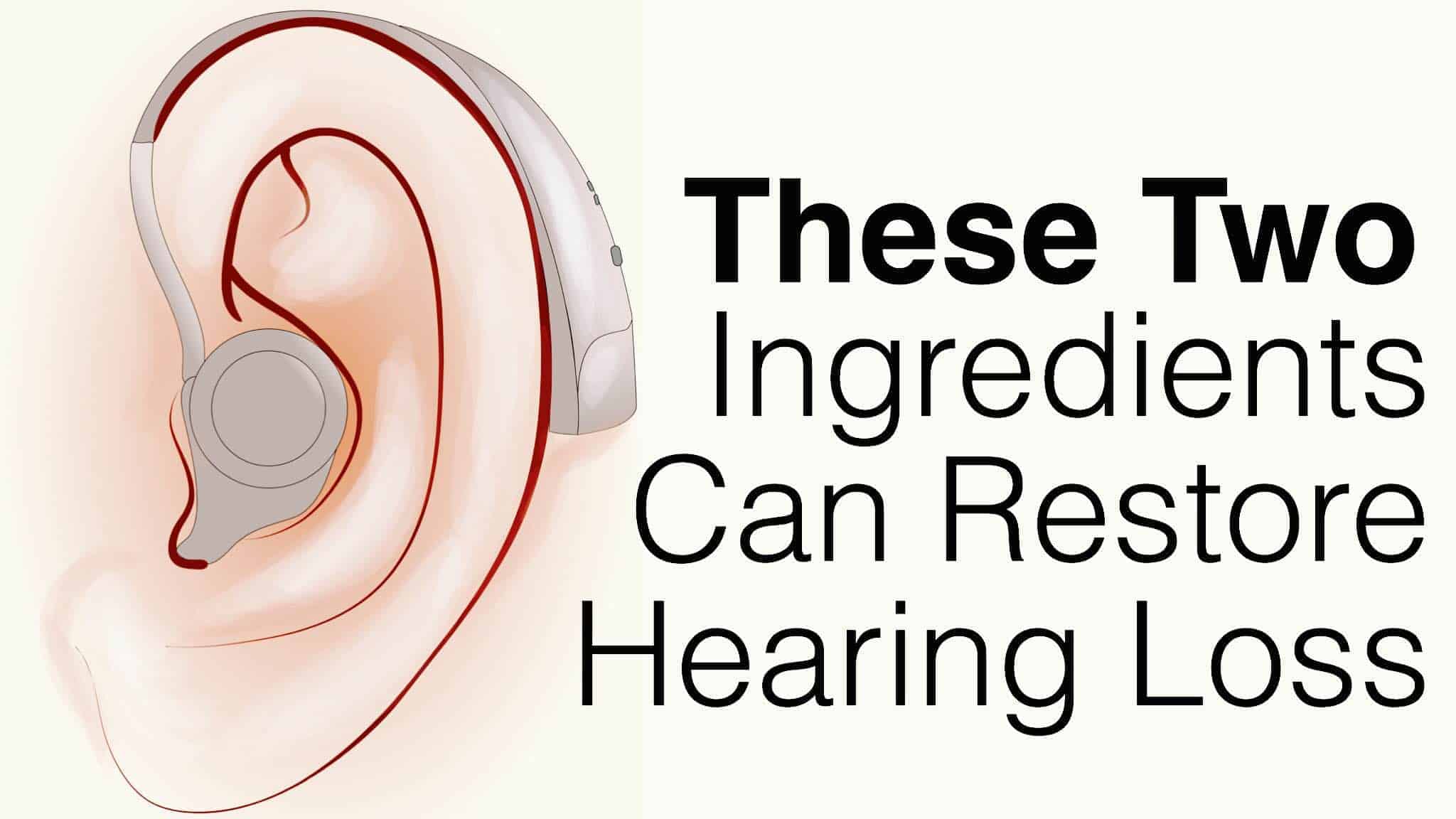noise It’s no secret that noise pollution can get on your nerves, grate your ears, and become a giant nuisance in general. But apart from just annoying you, did you know that noise pollution may have terrible effects on your health?
Yes, it’s true! We focus so much on other forms of environmental pollution and how it hurts us. But we often overlook the hidden dangers of noise pollution. Believe it or not, it’s about more than just the noise itself.
Here’s how research reveals the five ways noise pollution hurts your health.
1. Stress
If you live in a noisy area, you probably already know that daily noise pollution contributes to your stress. But do you know how severely this can occur?
To truly understand the extent of this, let’s take a look at research commissioned by a multi-national insulation manufacturer called Rockwool. Though the research was conducted in the United Kingdom, its findings can be applied worldwide.
Conclusions revealed that:
- 315,838 noise pollution complaints from private homes were sent in within one year in the UK, causing 8,069 abatement notices to be issued.
- Over 1.8 million people state that noise pollution from neighbors has resulted in “misery” in their lives, even going as far as to say they are unable to enjoy their home life.
- Over 17.5 million people (38% of the UK) have experienced domestic disturbance noise pollution within two years.
- 33% of those who experienced domestic disturbance noise pollution said that within two years, loud parties have resulted in higher stress levels and an inability to sleep.
- 9% of those who experienced domestic disturbance noise pollution says that the disturbances they hear leave to continual, long-term stress.
- 7% of those who experienced domestic disturbance noise pollution say that this is a very regular occurrence for them.
You may think that a little bit of stress doesn’t hurt anyone, but you’d be wrong. Stress can have severe adverse effects on health. Problems that may arise include:
· Worsened Immunity
Stress seems to connect to all sorts of immune function problems. Though further research is needed, the consensus is that acute stress causes heightened fight-or-flight responses, which causes inflammation and the release of immune factors. When this type of stress becomes long-term or chronic, it can increase the risk of diseases and worsen immune response sensitivity.
· Digestive Trouble
Stress can cause disturbances and problems in the way that the gut and brain communicate. This concern can lead to things like heartburn, ulcers, and irritable bowel syndrome.
· Respiratory Trouble
Stress almost always results in changes in breathing patterns, and in turn, this can point to trouble for the respiratory system. This is likely due to a contraction of the airway during stress responses, which is far from positive for breathing ability.
· Chronic Pain
Stress and the decreased positive thinking it brings have been linked to the risk of chronic pain, especially when a lack of social support is involved. Musculoskeletal problems of all kinds are observed in those who have to deal with regular stress.
2. Hearing Loss
For many individuals who face close contact with noise pollution, issues such as noise-induced hearing loss are far from uncommon. This problem involves something called sensorineural hearing loss, which is when the pure-tone thresholds of the ears are shifted on a long-term or permanent level.
This type of hearing loss can occur due to one single experience or long-term experiences of noise pollution. This can also coincide with the development of tinnitus, which we’ll discuss more later. Examples of traumatic noise exposure that can lead to hearing loss include:
- A car engine backfiring.
- An explosion
- Working with very loud machinery
- Attending loud public events like concerts or sports games
According to the Handbook of Clinical Audiology by Jack Katz, threshold shifts depend on the exposure to noise endured. Mainly, it depends on how severe that noise is and how long the exposure to this noise pollution lasts. An audiogram and range can measure these shifts from 3,000 to 6,000 Hz. Though none of these outcomes are positive, 3,000 Hz would be considered less severe of a change than 6,000 Hz. The most common transition is at 4,000 Hz.
The American Tinnitus Association also adds that most patients experience the loss at a unilateral level, meaning they only lose that hearing at a specific frequency; that frequency is usually the same as the frequency of the triggering noise.
3. Psychological Disorders and Issues
Since noise pollution can get on one’s nerves, it makes sense that mental health can suffer because of it. Here are some studies discussing the psychological issues faced by those who are exposed to noise pollution.
- “Noise problems, savage approaches. From “just forget it,” to physical violence” in The Journal of the Acoustical Society of America (1999). This study found a link between violent reactions and noise pollution, and it discussed the ranging responses from noise pollution, from immediate forgiveness with positive thinking to full-blown aggression.
- “Noise exposure and public health” in Environmental Health Perspectives (2000). This study found that causal links exist between psychiatric disorders (and other psychological effects like wellbeing and annoyance) and noise pollution, indicating that even earlier research has found this relationship.
- “Is there addiction to loud music? Findings in a group of non-professional pop/rock musicians” in Audiology Research (2012). This study found that people can develop a severe addiction to hearing loud music, which was commonplace in non-professional musicians. This paper indicates the possibility that you can become addicted to certain kinds of noise pollution!
- “A longitudinal study of psychological distress and exposure to trauma reminders after terrorism” in Psychological Trauma: Theory, Research, Practice, and Policy (2017). This study discusses how individuals with post-traumatic stress disorder may be negatively triggered by certain kinds of noise, including generic loud noise pollution.
 4. Tinnitus
4. Tinnitus
Tinnitus is a condition you may have seen in movies and media, but what is it? Usually, the auditory disorder is sound perception without a real source. This means someone with tinnitus may, even without an actual source for the noise, hear:
- Chirping
- Buzzing
- Ringing
There is a lot about tinnitus that we still don’t know, mainly in its pathophysiology. Despite that, most research suggests that noise pollution and exposure can contribute to its development. The pitch of the tinnitus noises heard often coincides with the kind of noise that incited it. And these factors may all eventually lead to hearing loss if the noise pollution was severe enough.
Science categorizes different kinds of tinnitus, as follows:
· Subjective Tinnitus
Only the affected person hears this sound–not the doctor or other people.
· Objective Tinnitus
People other than the patient can also pick up this kind of tinnitus. Doctors can also hear it with the use of a stethoscope.
· Pulsatile Tinnitus
This kind of tinnitus categorizes by the noise it makes in the ear. It is usually the result of Glomus tumors and is mostly treated in a positive, non-invasive manner.
· Non-Pulsatile Tinnitus
This kind of tinnitus doesn’t have a pulsing noise. Patients usually hear sounds like buzzing, crickets, or sounds of the sea.
5. Cardiovascular Problems
Yes, you read that correctly. Believe it or not, noise and heart problems link more closely than you think!
Here are several different papers that cover this subject well:
“Work noise annoyance and blood pressure: combined effects with stressful working conditions” in International Archives of Occupational and Environmental Health (1993).
This study clearly showed how annoyance and lack of positive thinking from noise pollution had a negative effect on blood pressure, leading eventually to heart issues.
“Noise-Induced Endocrine Effects and Cardiovascular Risk” in Noise & Health (1999).
This study indicated how myocardium aging caused by stress from noise pollution could lead to a myocardial infarction – or, in layman’s terms, a heart attack.
“Stress Hormone Changes in Persons exposed to Simulated Night Noise” in Noise & Health (2002).
This research paper showed how noise could worsen stress levels, specifically with the release of the hormone cortisol, which increases heart attack risk.
“Aircraft noise around a large international airport and its impact on general health and medication use” in Occupational and Environmental Medicine (2004).
This study was designed to investigate the links between heart disease medication, health, sleep medication, and exposure to noise pollution from aircraft.
“Effects of Occupational Noise Exposure on 24-Hour Ambulatory Vascular Properties in Male Workers” in Environmental Health Perspectives (2007).
This study showed how those who work in very noisy conditions are often at higher risk for blood pressure and, subsequently, heart problems.
“Hearing Loss and Incident Dementia” in Archives of Neurology (2011).
Though not its primary focus, the study did touch on how cardiovascular health issues were associated with noise – specifically, with noise-induced hearing loss.
“Noise and cardiovascular disease: a review of the literature 2008-2011” in Noise & Health (2012).
This research sought to find a positive, conclusive answer as a review of studies that dove into the links between cardiovascular problems and noise pollution. So the causal relationship was quite clear.
“Association between transportation noise and blood pressure in adults living in multi-story residential buildings” in Environment International (2019).
This research showed that residential areas close to railway-sourced noise pollution might find themselves experiencing higher blood pressure, decreased positive thinking, and a greater risk of cardiovascular problems.
“Adverse Cardiovascular Effects of Traffic Noise with a Focus on Nighttime Noise and the New WHO Noise Guidelines” in Annual Review of Public Health (2020).
This new paper referred to current and new World Health Organization Guidelines regarding noise pollution and found that noise pollution, especially at night, can contribute to the risk of artery disease. Surprisingly, noise pollution also links to obesity, diabetes, and stroke risk.
 Final Thoughts On Some Ways Noise Pollution Hurts Your Health
Final Thoughts On Some Ways Noise Pollution Hurts Your Health
In summary, noise pollution can be impossible to avoid in this day and age altogether. Thus, having a quiet area just for yourself, wearing noise-canceling products, and choosing to work, live, or conduct activities in less noisy areas can all help reduce the risks you face from noise pollution. So speak up if you are concerned about the potential effect of noise pollution on yourself. Schedule an appointment to visit your doctor to discuss your options and fears.


















